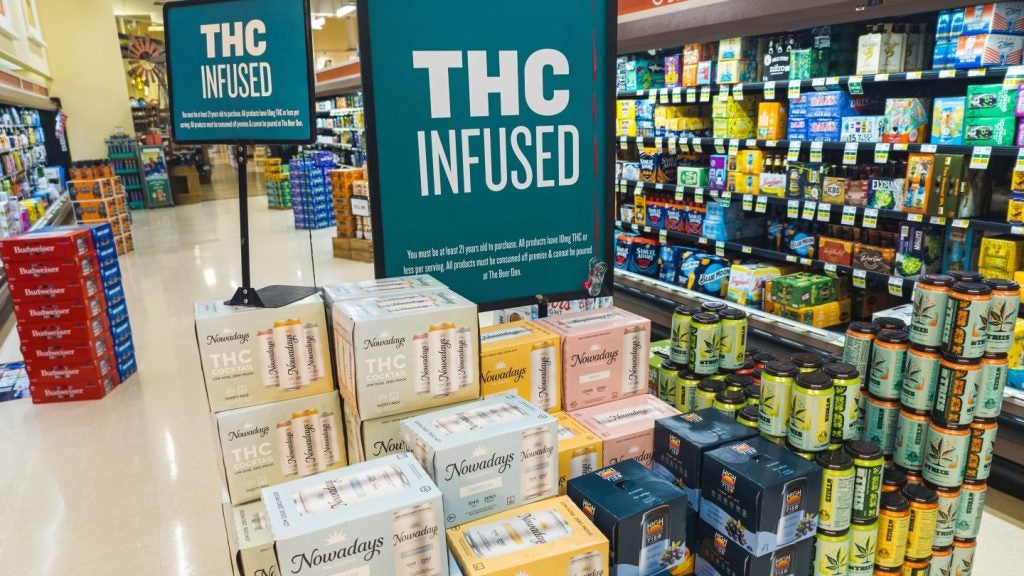A coalition of 39 US state attorneys general is urging the US Congress to tighten the federal definition of hemp to ban the sale of "intoxicating" hemp-based THC products sold outside state-regulated cannabis systems.
The issue relates to The Agricultural Improvement Act (farm bill) of 2018, which legalised industrial hemp on a federal level. The bill permits industrial hemp carrying a THC concentration of under 0.3%.
In a letter to Congressional leaders, the attorneys general said the federal definition of hemp in the 2018 bill needed to be changed "to prevent the continued sale of unregulated, intoxicating THC products".
They argued that the farm bill has been “wrongly exploited by bad actors to sell recreational synthetic THC products across the country”.
Products containing synthetic and semi-synthetic compounds such as delta-8, delta-10 and THC-O are sold as gummies, sweets and beverages, and are widely available online and in petrol stations and convenience stores, the letter said, frequently without age limits, uniform labelling or safety standards.
The letter was signed by Arkansas’s attorney general Tim Griffin, Connecticut’s William Tong, Indiana’s Todd Rokita, and Minnesota’s Keith Ellison.
They were joined by attorneys general representing Alabama, Arizona, and California.
The officials wrote that the farm bill was intended to permit industrial hemp commerce as a non-intoxicating commodity while preserving prohibitions on cannabis.
They argued however that an “inadvertent ambiguity” in the definition of hemp has enabled “bad actors” to sell "dangerous drugs" to Americans.
The letter added: “Unless Congress acts, this gross distortion of the 2018 farm bill’s hemp provision will continue to fuel the rapid growth of an underregulated industry that threatens public health and safety and undermines law enforcement nationwide."
While the farm bill permits industrial hemp on a federal level, state laws on THC vary. According to a report from cannabis consultancy Whitney Economics, THC beverages are legal in 28 states, while they are legal with restrictions in nine, limited to marijuana retailers in seven, and prohibited completely in six.
Reacting to the letter, THC drinks maker Cann has warned such federal restrictions would disadvantage small businesses and constrain options for consumers.
Alongside an online petition, the California-based group said: “This isn't about safety. It's about consolidating industry at the expense of small businesses and limiting consumer choice.”
The company added: “We believe hemp-derived THC beverages should be treated like other adult-use products like alcohol”.
Whitney Economics has estimated the total potential market value for THC beverages sits between $9.9bn and $14.9bn, with legal sales in 2024 projected to be valued between $1bn and $1.3bn.
The report says there are 500 to 750 operating in the THC drinks space nationwide, around 200 of which sell through marijuana dispensaries.









